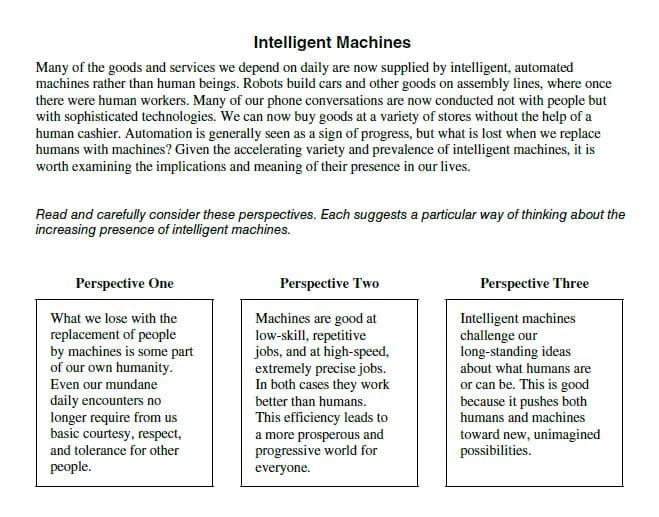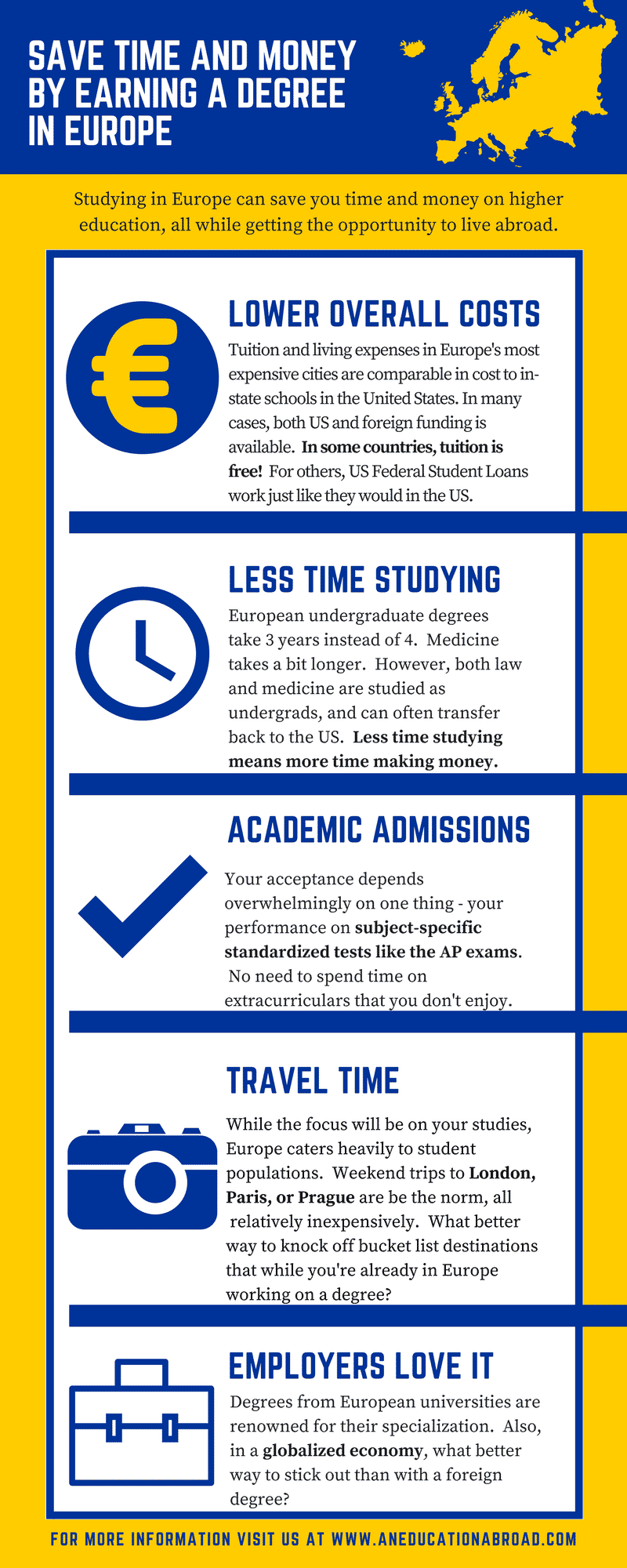Should I Take the Writing Portion?
Should I take the Writing portion of the ACT?
In short, the answer is yes. The idea of adding another 40 minutes to an already lengthy test isn’t ideal, but we have a few reasons why you should always take the Writing portion of the ACT.
Let’s go over what the Writing portion covers. The Writing prompt provides you with some options, or perspectives on a question. The task is to analyze the perspectives and provide your own point of view based on the three presented to you. The prompts are geared more towards broader social issues, such as taxing or not taxing unhealthy foods, or the usage of intelligent machines replacing a human’s job or not.

The Writing portion is 40 minutes long, giving you time to read, analyze, and incorporate the perspectives into your essay plan. This portion is based out of 12 points that is not rolled into your overall composite score.
Now that we understand what the Writing portion entails and what is expected, next we will give you a few reasons why it’s important to always take the Writing portion.
Reason #1
Many colleges and universities require this section of the ACT. This section is optional, but a student can’t go back and only take the Writing portion of the test, they would have to retake the entire test and include this portion as well. So, an extra 40 minutes tacked on to the end of the test is much more appealing than retaking the entire test! Take a look at your college list and see if they require this section or not.
Reason #2
Every essay is unique. Everyone has a different point of view and a different take on the essay. Voice your opinion! Keep in mind, you will still need to develop a position, include appropriate examples, organize points, and manage your time carefully. Make sure to indent your paragraphs, keep your writing neat, and minimize your spelling and grammatical errors.
Reason #3
It’s just another essay. Don’t work yourself up too much about it. Think through a strategy to prepare for test day. You’ll want to incorporate some specific perspectives and analyze the quality of the argument. When you are prepared and ready, you will most likely feel more confident and that will reflect in your essay.
If you simply don’t feel prepared and ready to take this section of the ACT, we can help. Our ACT Prep Course as well as Private Tutoring cover the Writing Portion of the test. Our tutors are invested in each student and want you to get the score you need for the school you want.












